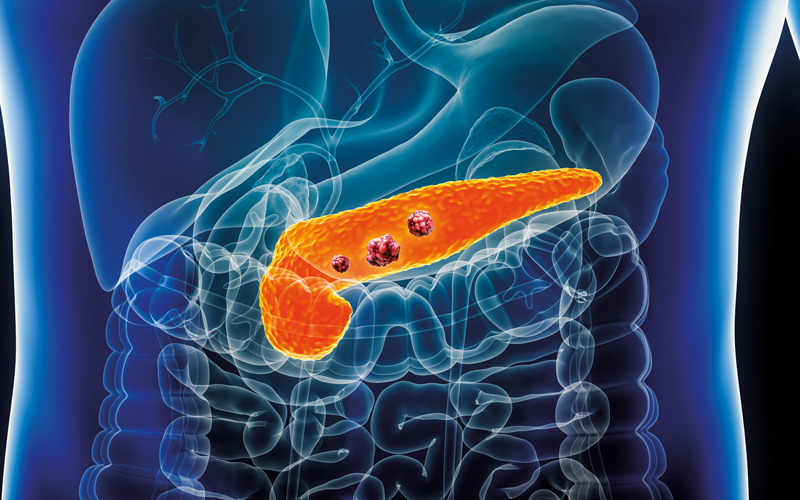Older people may be at greater risk of developing pancreatic cancer and have poorer prognoses because of age-related changes in cells in the pancreas called fibroblasts, it is claimed.

The US study provides clues as to why pancreatic cancer is more common and aggressive in older people.
It may also help scientists develop new therapeutic approaches for this difficult-to-treat cancer.
The study showed that ageing alters fibroblasts in ways that enable them to promote pancreatic cancer tumour growth.
“Older fibroblasts release proteins that directly affect pancreatic cancer cells and ultimately lead to the growth and spread of pancreatic cancer tumours,” said the study’s lead author, Daniel Zabransky. “The younger fibroblasts did not have these capabilities. We think this is a key reason why we see pancreatic cancer more commonly in older patients.”
Image Credit | iStock



